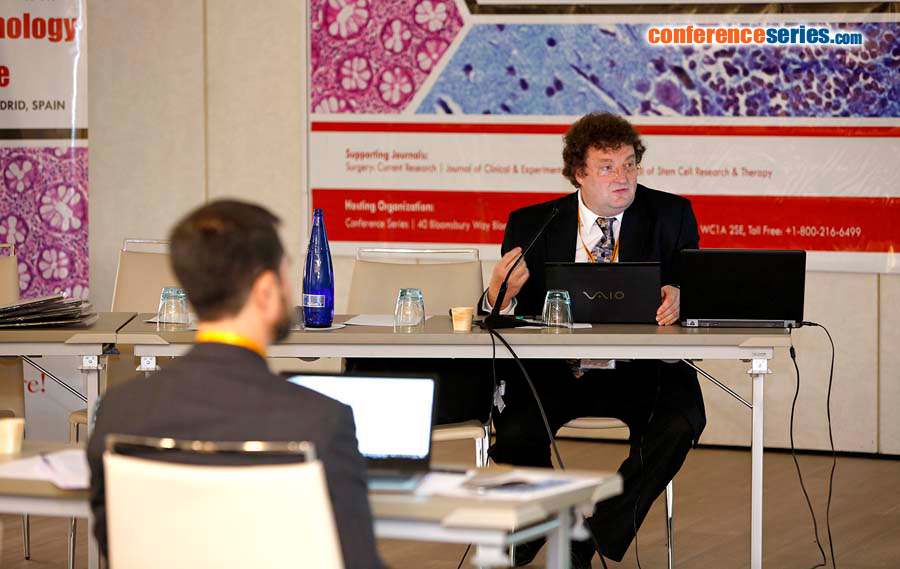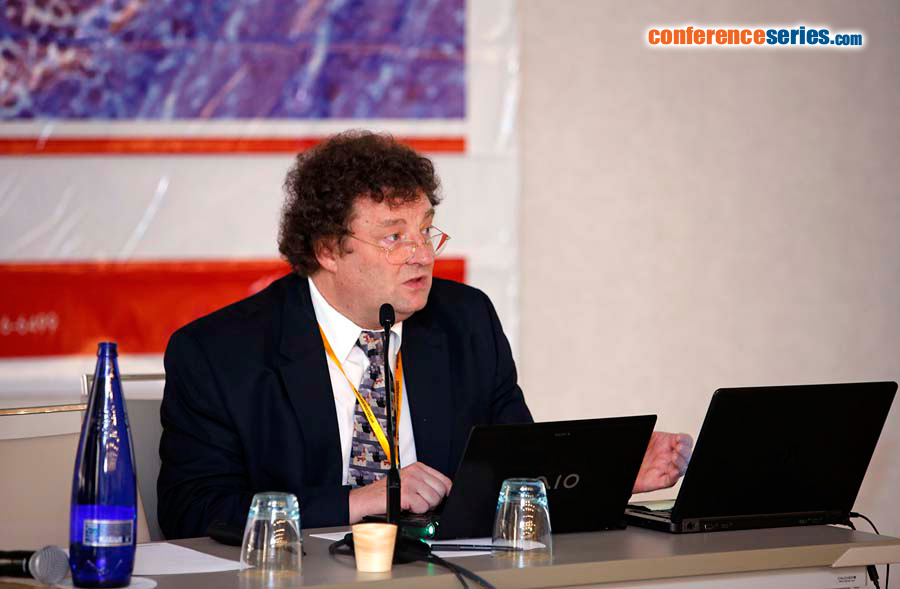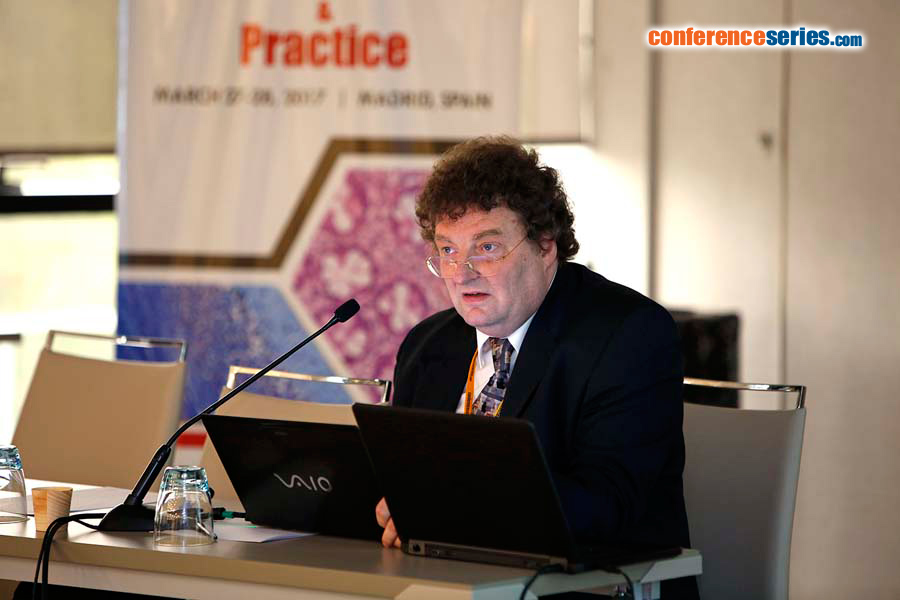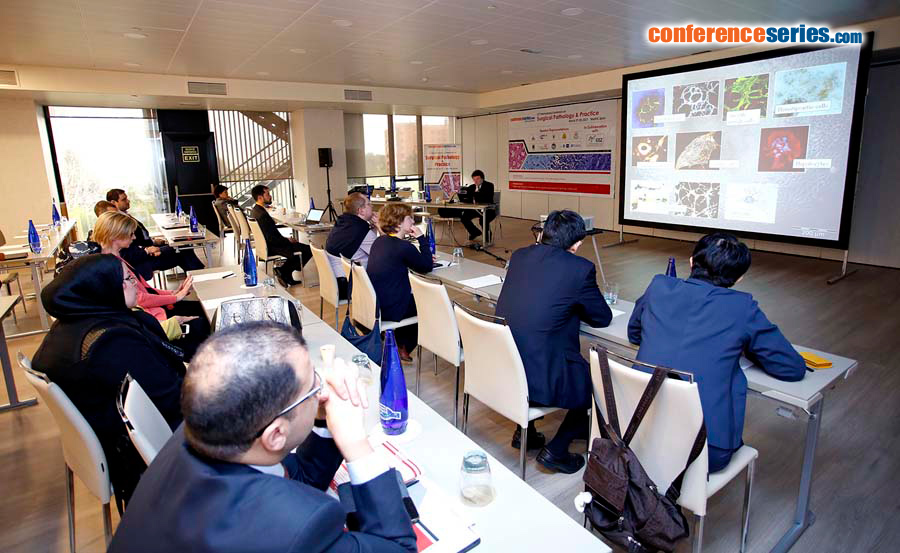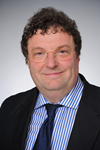
Jürgen Hescheler
University of Cologne, Germany
Title: Pluripotent stem cells for research and clinical application
Biography
Biography: Jürgen Hescheler
Abstract
There is no doubt that work on stem cells will be the most promising approach for the medicine of the 21st century and probably revolutionize the therapy of many diseases including cardiac infarction and failure, diabetes, Parkinson’s disease, spinal cord lesion etc. It is our aim to provide a fundamental basis to the development of new medical treatments. Stem cell research is a broad field which requires nearly all techniques of modern life science such as genetics, cell biology, physiology, biochemistry, histology, etc., but it also requires the input of experimental surgery and bioengineering technologies. Induced pluripotent stem (iPS) cells represent the most promising approach for future stem cell-based tissue repair in regenerative medicine. iPS cells are functionally highly similar to embryonic stem (ES) cells, but have in addition the advantage of being ethically non-controversial, and are obtainable from readily accessible autologous sources. However, although proof of principle for the therapeutic use of iPS cells in neuronal and cardiac diseases has been shown both at the laboratory scale and in animal models, the methods used today for generation, cultivation, differentiation and selection still have to be translated for their later clinical usage. This presentation will give an overview on our recent research work on human embryonic in comparison with iPS cells. Starting from our basic investigations on the physiological properties of cardiomyocytes developed from pluripotent stem cells we have established in vitro and in vivo transplantation models enabling us to systematically investigate and optimize the physiological integration and regeneration of the diseased tissue. Our main focus is the cardiac infarction model. Moreover, in vitro culture and expansion of stem cells is far from optimal and needs further research in order to overcome problems related to insufficient numbers of obtained stem cells and aging of the obtained stem cell population.

